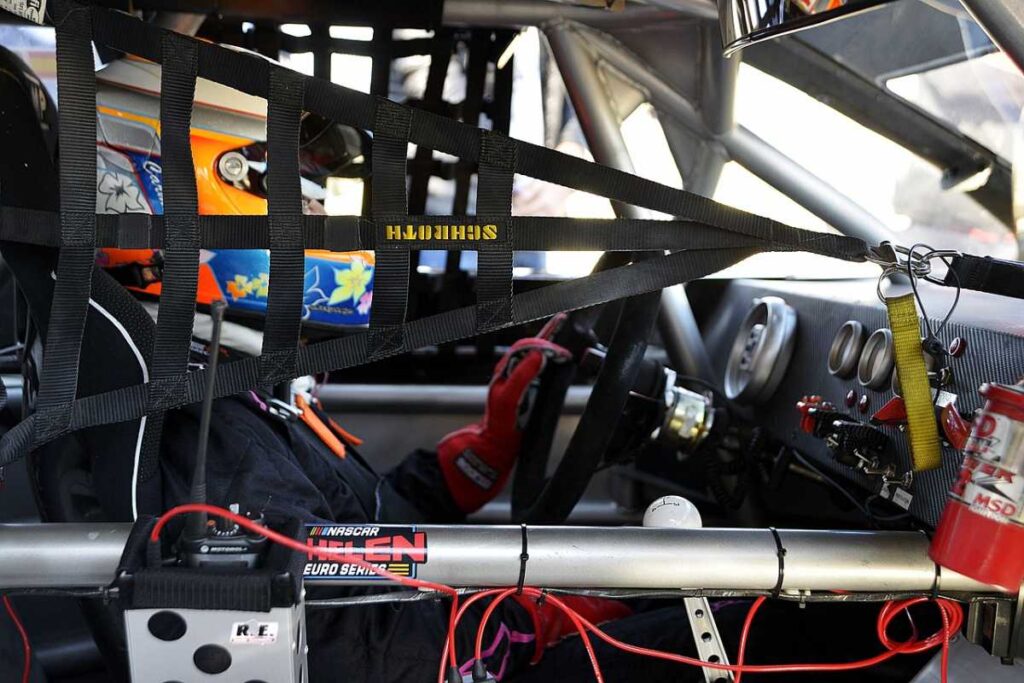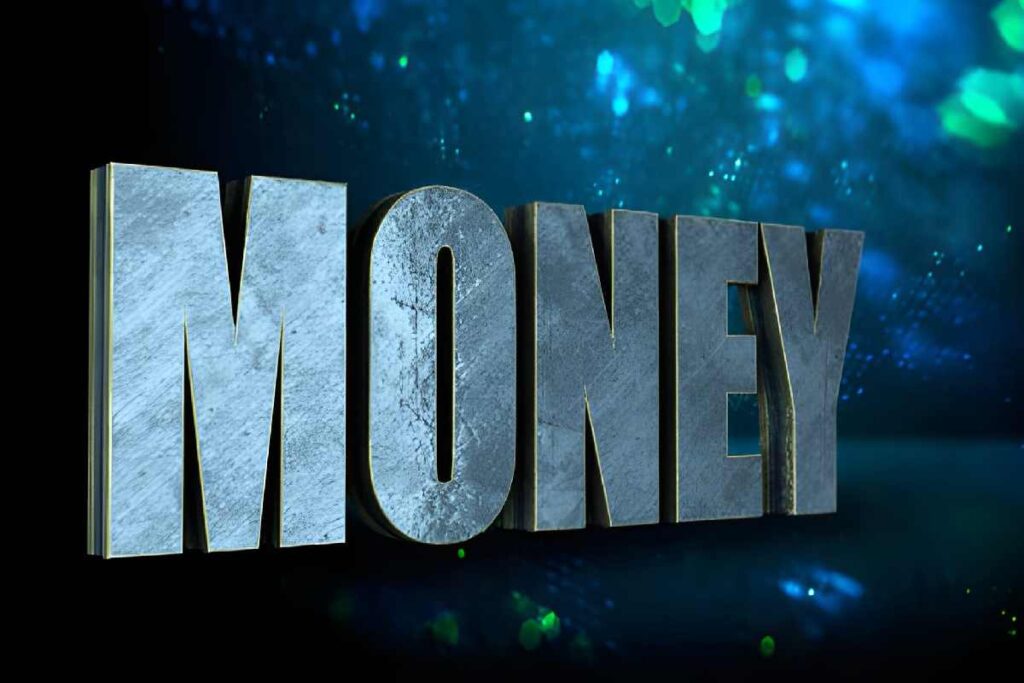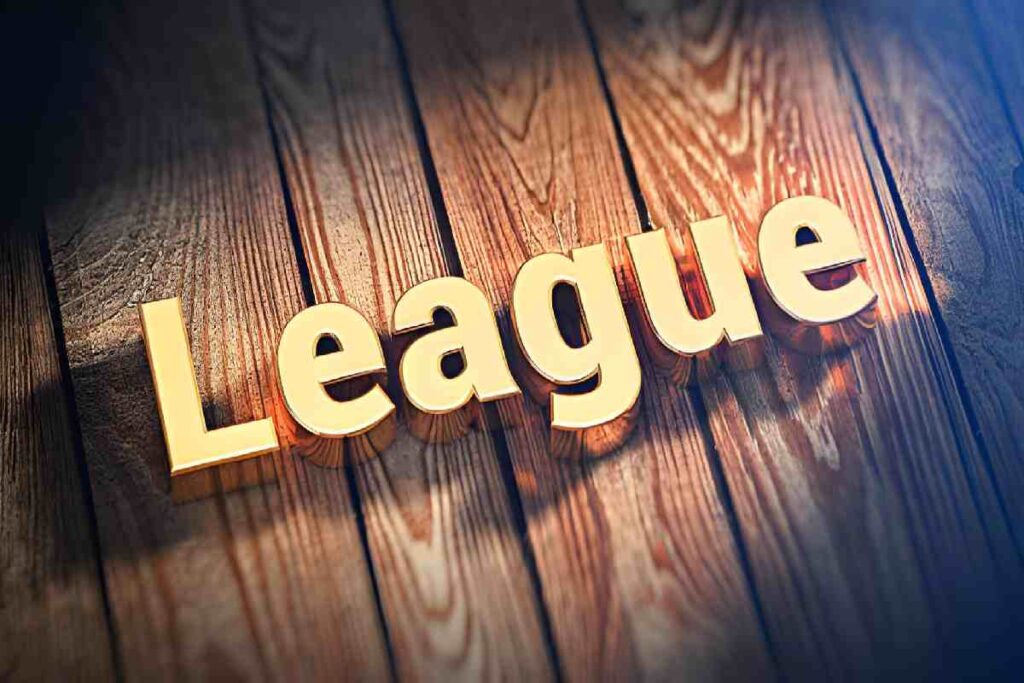Stewart Friesen’s Disqualification Appeal: The Real Story Behind NASCAR’s Controversial Call
If you’ve been anywhere near NASCAR social media lately, you’ve seen the chaos around Stewart Friesen’s disqualification appeal. And honestly? I’m still trying to wrap my head around how this whole thing went down.
So grab your coffee, because I’m breaking down everything that happened—the good, the bad, and the parts that made absolutely no sense.
What Actually Went Down with Stewart Friesen
The Day Everything Changed
Picture this: Stewart Friesen crosses the finish line, feeling pretty damn good about his run. The team’s celebrating, already thinking about the next race. Then boom—NASCAR hits them with a disqualification after post-race inspection.
Yeah, that kind of news ruins your whole week.
The Halmar Friesen Racing crew found out their truck didn’t pass tech inspection. We’re talking about measurements being off—body panels, aerodynamic pieces, something that NASCAR’s scanners picked up that shouldn’t have been there.
Now here’s where it gets messy. Friesen’s team swears they didn’t do anything sketchy. They’re saying whatever NASCAR found was either within tolerance or happened during the race itself. You know, like when you’re out there banging doors with other trucks and stuff shifts around.
But NASCAR? They weren’t buying it.
How NASCAR’s Tech Inspection Really Works (And Why It Matters)
Before You Even Hit the Track
Let me tell you something most casual fans don’t realize—these teams go through inspection hell before they’re allowed to race.
First, there’s pre-race tech. Your truck gets measured, scanned, and basically examined like it’s going through airport security. The optical scanning station (OSS) is this crazy piece of equipment that creates a 3D model of your vehicle. If anything’s even slightly off from NASCAR’s templates, you’re heading back to the hauler to fix it.
After the Checkered Flag Drops
Win a race or finish up front? Congratulations, you just earned yourself another date with the inspection bay.
Post-race tech is even more intense. NASCAR pulls apart the top finishers—sometimes they’ll randomly grab other trucks too. They’re checking:
- Body measurements down to fractions of an inch
- Ride height and suspension components
- Engine specs (sometimes they’ll tear down the whole motor)
- Weight distribution
- Aerodynamic elements
One team owner told me it’s like building a house and then having an inspector come through with a microscope. Except in this case, failing inspection costs you points, money, and your sanity.
The Appeal That Had Everyone Talking
Fighting Back Against NASCAR’s Decision
Stewart Friesen’s disqualification appeal kicked off immediately. And I mean, what else are you gonna do? Roll over and accept losing everything you worked for that day?
Step One—Filing the Paperwork
Halmar Friesen Racing had a tiny window to file their appeal. Miss the deadline, and you’re screwed. No second chances.
They got their notice in, which basically says “we think NASCAR got this wrong, and here’s why we want another look.”
Building Your Case (It’s Not Easy)
This is where things get expensive and complicated. The team had to gather:
- Data from their own measurements
- Telemetry proving the truck was legal before the race
- Photos and documentation
- Maybe even hire outside experts to testify
Remember, this is Halmar Friesen Racing—an independent team without the massive budgets that Cup Series giants have. Every dollar spent on an appeal is money that could’ve gone toward the next race.
Facing the Panel
The National Motorsports Appeal Panel is three people who hear both sides. NASCAR brings their evidence, the team presents theirs, and everyone argues about what actually happened.
From what I’ve heard from people who’ve been through it, these hearings are intense. NASCAR comes prepared, and unless you’ve got rock-solid proof they made a mistake, your chances aren’t great.
What Exactly Was Wrong with the Truck?
Here’s the frustrating part—we never got super specific details about what violated the rules.
Word around the garage was it involved body modifications or measurements that didn’t match the approved specifications. Could’ve been the rear spoiler, could’ve been roof rails, could’ve been something with the nose. NASCAR plays things close to the vest sometimes.
But here’s my question: was this something that actually made the truck faster? Or was it one of those “technically illegal but realistically meaningless” situations?
Because there’s a difference, right? If a team’s running illegal engine parts to gain horsepower, that’s cheating. If a body panel got pushed in half an inch during contact with another truck, that’s racing.
Why Everyone’s Still Talking About This
It’s Not Just About One Race
The Stewart Friesen disqualification became a lightning rod for conversations people have been having in NASCAR for years.
Small Teams vs. Big Teams
Let’s keep it real—Halmar Friesen Racing isn’t Hendrick Motorsports or Joe Gibbs Racing. They don’t have fifty engineers and unlimited budgets.
When a small team gets hammered with a DQ, it hurts way more. They’re already fighting uphill battles every weekend, and losing points plus prize money? That might determine whether they can afford to show up for the next race.
Some folks are asking whether NASCAR should consider team resources when handing out penalties. Others say rules are rules, and money shouldn’t matter.
I’m somewhere in the middle. Yeah, everyone should follow the same rules. But context matters too.
How Strict Is Too Strict?
NASCAR’s gotten way more aggressive with technical enforcement over the past few years. And look, I get it—they want parity, they want close racing, they want everyone on a level playing field.
But when you’re disqualifying trucks over measurements that might be millimeters off, you gotta wonder if we’ve gone too far. Especially when those differences might’ve happened during the race itself from normal contact and wear.
A crew chief I talked to put it this way: “We’re building race cars, not Swiss watches. Sometimes stuff happens out there.”
The Ripple Effect Through the Garage
Other Teams Watching Closely
You better believe every team in the NASCAR Truck Series paid attention to what happened with Friesen.
Some drivers spoke up saying this could happen to anyone. A few stayed quiet, probably relieved it wasn’t them. But everyone got the message—NASCAR’s not messing around with tech inspection anymore.
Teams started adjusting their approach:
- Building in bigger safety margins on measurements
- Double and triple-checking everything before races
- Buying equipment that mirrors NASCAR’s inspection tools
- Getting even more paranoid about staying legal
Previous Appeals That Set the Tone
This wasn’t NASCAR’s first rodeo with controversial disqualifications and appeals in 2024.
We’ve seen multiple race winners get DQ’d after post-race inspection. Some appeals succeeded, most didn’t. The pattern’s pretty clear—unless NASCAR seriously screwed up the inspection process itself, the original penalty stands.
That’s what made the Stewart Friesen disqualification appeal feel like an uphill battle from the start.
The Verdict Nobody Really Wanted
When the Appeals Panel Ruled
So after all the presentations, all the evidence, all the arguments—the panel upheld NASCAR’s original penalty.
Friesen stayed disqualified. The points were gone. The finishing position vanished. All that work for nothing.
Was I surprised? Not really. Like I said, these appeals rarely work unless there’s clear proof NASCAR made a procedural mistake.
Was I disappointed? Honestly, yeah. Because from everything I heard, this felt like one of those borderline situations where a warning or fine might’ve made more sense than a full DQ.
What This Cost the Team
Let’s talk numbers, because disqualifications aren’t just about pride.
Halmar Friesen Racing lost:
- Championship points that affect playoff eligibility and final standings
- Prize money they desperately needed
- Momentum heading into the next race
- Time and money spent on the appeal itself
For Stewart Friesen personally, this stung even more because it’s his own team. He’s not just a hired driver cashing checks—every setback affects his operation directly.
Where Do We Go From Here?
Stewart Friesen Isn’t Done Yet
If you know anything about Stewart Friesen, you know the guy doesn’t quit. He’s been racing since he was a kid, worked his way up through dirt tracks, and built his own NASCAR team from scratch.
One disqualification isn’t ending his story. Not even close.
The team refocused on upcoming races, probably with an even more paranoid approach to tech inspection. And honestly? That might be the smartest move. When NASCAR shows they’re serious about enforcement, you adjust or you keep getting burned.
What NASCAR Needs to Figure Out
Clearer Guidelines
One thing that came out of this whole mess—teams want better clarity on what’s legal and what isn’t. The gray areas are killing people.
If NASCAR’s gonna disqualify trucks over tiny measurement differences, they need to publish exact tolerances and specifications that teams can reference. None of this “we’ll know it when we see it” approach.
Penalties That Match the Crime
Here’s my biggest issue with how this played out: did the penalty fit the violation?
If Friesen’s truck had illegal engine parts adding horsepower, absolutely DQ them. If a body panel was slightly out of spec but didn’t provide any competitive advantage? Maybe a hefty fine and points penalty makes more sense.
NASCAR’s got a whole penalty matrix for different infractions. Maybe it needs updating to better reflect intent and impact.
Protecting Competition While Being Fair
At the end of the day, NASCAR’s walking a tightrope.
They want exciting racing where anyone can win. They want rules that keep things fair. But they also need to remember these are human beings building race cars under intense pressure and tight deadlines.
Mistakes happen. Parts shift during races. Not everything that fails tech is intentional cheating.
Finding that balance between strict enforcement and common sense—that’s the challenge moving forward.
My Final Thoughts on This Whole Situation
Look, I’ve gone back and forth on the Stewart Friesen disqualification appeal about a hundred times.
Part of me thinks NASCAR did what they had to do. Rules are rules, and if you let violations slide, what’s the point of having a rulebook?
But another part of me feels like this was harsh. Friesen’s team isn’t out there trying to cheat. They’re working their butts off just to compete against teams with way more resources.
What bugs me most is when penalties seem arbitrary. Like, why did this particular violation warrant a full disqualification when other similar situations got lesser penalties?
Consistency matters. Fairness matters. And right now, I’m not convinced NASCAR’s nailing either one.
What Fans Should Take Away
Tech Inspection Matters More Than Ever
If you’re watching NASCAR and wondering why someone got disqualified after the race, now you know—post-race tech inspection is serious business.
Small Teams Face Huge Challenges
Next time you see an independent team running mid-pack, remember they’re fighting with one hand tied behind their back. Disqualifications hurt them way more than the big-money operations.
This Conversation Isn’t Over
The Stewart Friesen disqualification appeal might be settled, but the bigger questions about NASCAR’s enforcement approach? Those are just getting started.
Expect more discussions, more controversies, and hopefully some changes that make the system work better for everyone involved.
Also Read:https://justtechhub.com/smsbombers-org/





